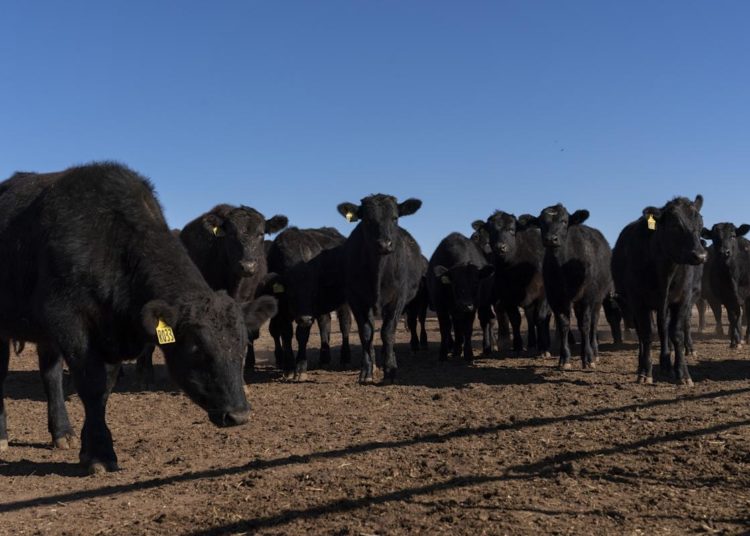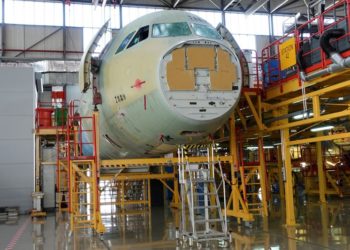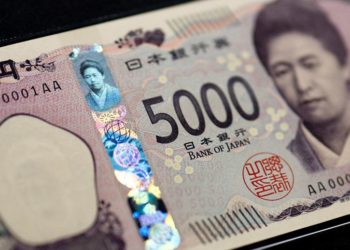The iPhone Air is Apple’s most audacious smartphone design in years, but that doesn’t seem to be moving the needle for customers, who have clearly put a premium on high-end cameras and battery life. According to a new report by Nikkei Asia published Wednesday, Apple will significantly cut production of the iPhone Air following disappointing sales, as customers appear to be lining up for the more traditional iPhone 17 and beefier iPhone 17 Pro.
Just how low is demand, exactly? According to Nikkei, which spoke to multiple sources briefed on the matter, Apple will slash iPhone Air production orders to nearly “end of production” levels. One supply chain manager said production orders, starting in November, will be “less than 10% of the volume compared with September.” Yikes.
This report comes just weeks after Apple launched the iPhone Air in China, although this seems to suggest demand outside of the Chinese market is particularly weak for Apple’s thinnest and lightest phone yet. According to a survey by KeyBanc Capital Markets, there is “virtually no demand for iPhone Air, and limited willingness to pay for a foldable.” The survey, conducted for investors, found demand for other iPhone 17 models remains healthy, with the mix “continuing to shift toward Pro and Pro Max models.” KeyBanc also noted AI features have yet to meaningfully influence buying decisions, despite the smattering of AI mentions through Apple’s most recent events and marketing materials.
The iPhone Air, which launched in September at a starting price of $999, is Apple’s thinnest iPhone ever at just 5.6mm; it’s smaller than a pencil. And despite its titanium frame, the iPhone Air, as the name implies, is incredibly light. In fact, we haven’t seen an iPhone this light since 2020, when Apple released the iPhone 12 mini. While you might think a phone this thin and light needed to compromise on design, it still features a 48-megapixel rear camera—the exact same main camera that powers the iPhone 17 and 17 Pro phones—and excellent “all-day” battery life, according to Apple. While its battery life doesn’t quite reach the heights of the iPhone 17 or 17 Pro, Apple designed a $99 MagSafe battery pack specifically for the device to extend battery life to up to 40 hours.
One indicator of weak demand: The iPhone Air has remained immediately available for shipment on Apple’s website across all colors since launch, while the iPhone 17 and iPhone 17 Pro show shipping delays of two to three weeks.
The iPhone Air’s struggles mirror those of Samsung’s Galaxy S25 Edge, which the company reportedly canceled plans to continue after the device sold only 1.31 million units as of August. By comparison, the Galaxy S25, S25 Plus, and S25 Ultra sold 8.28 million, 5.05 million, and 12.18 million units, respectively, in the same timeframe. Samsung has reportedly halted production of the Galaxy S25 Edge and canceled the Galaxy S26 Edge due to low sales.
This story was originally featured on Fortune.com
The post Apple is ‘drastically’ cutting iPhone Air production, report says, after new survey reveals ‘virtually no demand’ appeared first on Fortune.




